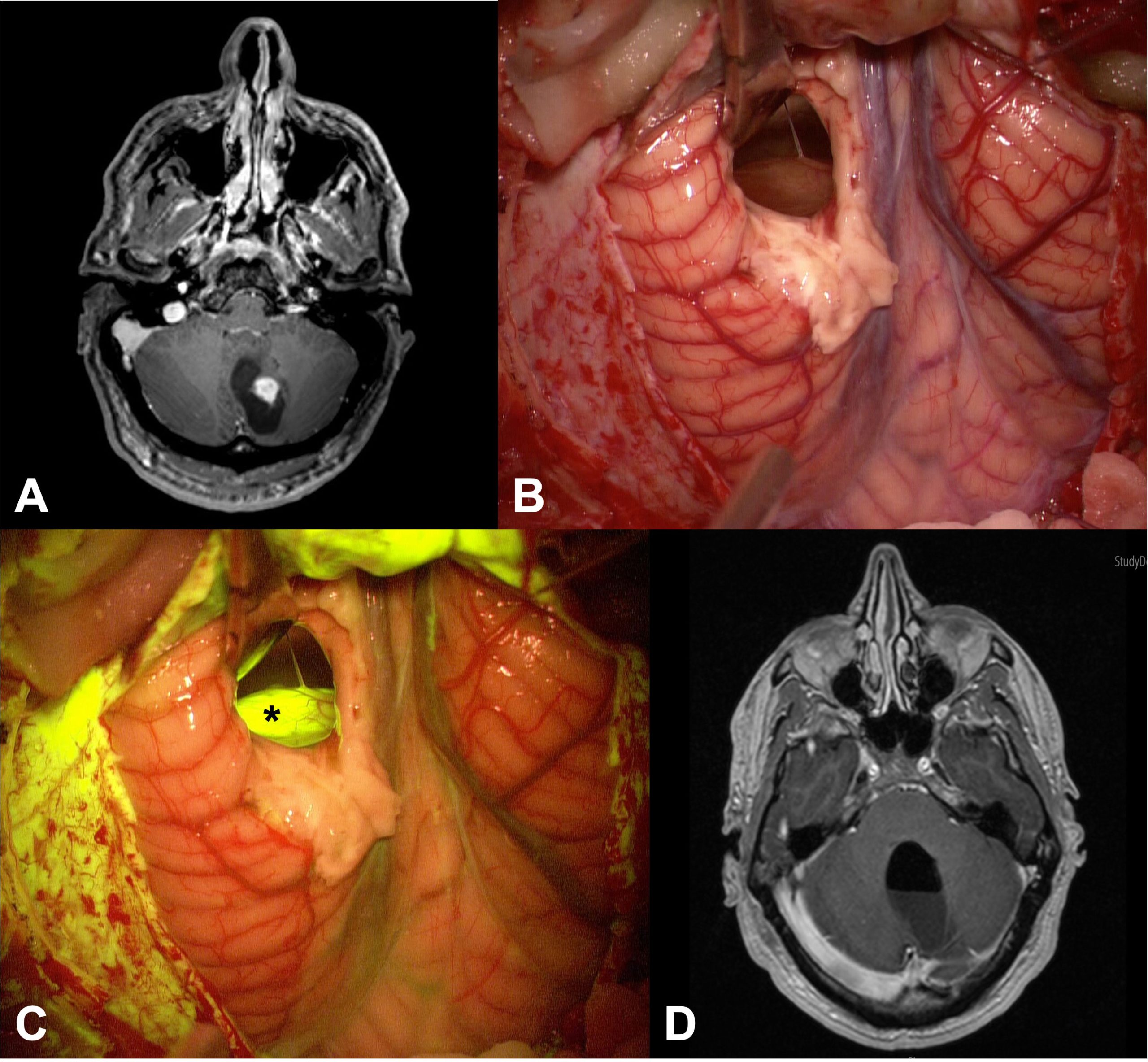Astrocytoma: Unraveling Brain Tumors
Astrocytoma, a complex brain tumor, demands attention and understanding. In this comprehensive guide, we’ll explore its nuances, symptoms, diagnosis, and treatment options. Join us on a journey to uncover the mysteries of astrocytoma and learn how medical science is advancing in its fight against this formidable foe.
What Is Astrocytoma?
Astrocytoma is a type of brain tumor that originates in star-shaped brain cells called astrocytes. These tumors can range from low-grade to high-grade, with higher grades often indicating more aggressive tumors. Understanding the nature of astrocytoma is crucial for patients and their families as they navigate diagnosis and treatment decisions.
Types and Grades of Astrocytoma
Astrocytomas are categorized based on their grade, which reflects their aggressiveness and potential to spread. Low-grade astrocytomas are typically less aggressive and may have a better prognosis. In contrast, high-grade astrocytomas are more aggressive and require prompt intervention. Understanding these distinctions is crucial for patients and healthcare professionals alike.

Causes and Risk Factors
While the exact causes of astrocytoma are still under investigation, several risk factors have been identified. These may include genetic predispositions, exposure to certain chemicals, or a history of radiation therapy. Uncovering potential risk factors can aid in early detection and prevention efforts.
Symptoms and Early Detection
Recognizing the symptoms of astrocytoma is crucial for early detection and intervention. Common symptoms include persistent headaches, seizures, changes in vision, and cognitive difficulties. If you or a loved one experiences any of these signs, seek prompt medical evaluation to rule out underlying health concerns.
Diagnosis and Medical Evaluation
The diagnosis of astrocytoma involves a series of medical evaluations and tests. These may include magnetic resonance imaging (MRI), computed tomography (CT) scans, and biopsies. Neurologists and oncologists work together to determine the tumor’s grade and the most appropriate treatment plan based on the diagnosis.
Treatment Options
Treating astrocytoma involves a multi-faceted approach tailored to each patient’s unique situation. Treatment options may include surgery to remove the tumor, radiation therapy to target cancer cells, and chemotherapy to halt their growth. Additionally, emerging therapies and clinical trials offer hope for improved outcomes.
Coping and Support
Coping with an astrocytoma diagnosis can be emotionally and physically challenging. It’s essential to seek support from healthcare professionals, support groups, and loved ones. This section guides managing emotional well-being and finding the support needed during the journey.
Ongoing Research and Future Directions
Ongoing research is continuously improving our understanding of astrocytoma and advancing treatment options. This section highlights the importance of staying informed about research developments and encourages readers to explore clinical trials and new therapies.
Frequently Asked Questions (FAQs) About Astrocytoma
1. What is astrocytoma?
Astrocytoma is a type of brain tumor that originates in the star-shaped cells called astrocytes. These tumors can vary in aggressiveness and require prompt medical attention.
2. What are the common symptoms of astrocytoma?
Common symptoms include persistent headaches, seizures, changes in vision, cognitive difficulties, and sometimes mood or personality changes.
3. How is astrocytoma diagnosed?
Diagnosis involves imaging tests like MRI and CT scans, as well as biopsies. Neurologists and oncologists work together to determine the tumor’s grade and create a treatment plan.
4. What are the different grades of astrocytoma?
Astrocytomas are categorized into low-grade (less aggressive) and high-grade (more aggressive) tumors based on their grade, which reflects their potential to spread.
5. What causes astrocytoma?
The exact causes are still under investigation, but potential risk factors may include genetic predispositions, exposure to certain chemicals, or a history of radiation therapy.
6. What are the treatment options for astrocytoma?
Treatment may involve surgery, radiation therapy, chemotherapy, or a combination of these approaches, depending on the tumor’s grade and location.
7. Is astrocytoma hereditary?
While there may be genetic factors involved, astrocytoma is not typically considered a hereditary condition. It is more often sporadic.
8. Can astrocytoma be cured?
The outcome depends on various factors, including the tumor grade and how early it’s diagnosed. Some cases can be successfully treated, but others may require ongoing management.
9. Are there clinical trials available for astrocytoma treatment?
Yes, ongoing clinical trials are exploring new therapies and treatment approaches for astrocytoma. Patients may consider participating in these trials under the guidance of healthcare professionals.
10. How can I find support for astrocytoma patients and their families?
Support can be found through healthcare providers, patient support groups, and organizations specializing in brain tumors. Connecting with others who have faced similar challenges can be valuable.
Conclusion:
In conclusion, astrocytoma is a complex brain tumor that demands attention, understanding, and early detection. By recognizing its symptoms, seeking timely medical evaluation, and exploring treatment options, patients can take proactive steps in managing this condition. Ongoing research offers hope for improved therapies and outcomes. Stay informed, and remember that support is available on this journey towards better health.




